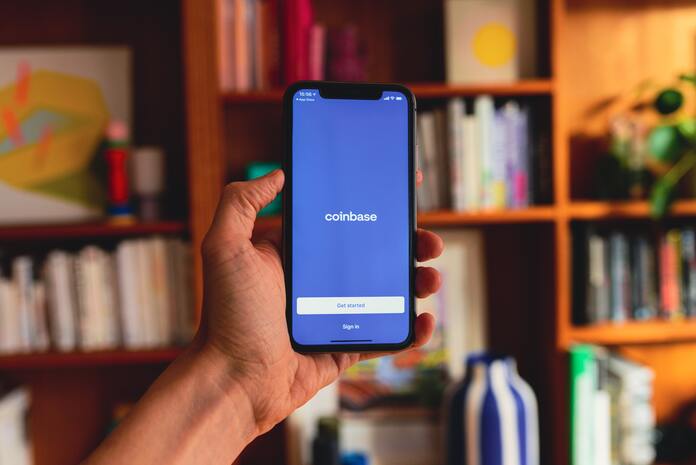Bitcoin Programmability Advances with BitVM2

Bitcoin, the original cryptocurrency, is often regarded as a digital store of value. However, the concept of Bitcoin programmability has taken a significant step forward with the introduction of BitVM2, a new iteration developed by Robin Linus. This advancement promises to bring more complex functionalities to the Bitcoin network, potentially revolutionizing how Bitcoin can be used in decentralized applications without altering its foundational code.
The Evolution of Bitcoin Programmability
Robin Linus, a well-known Bitcoin developer, has once again captured the attention of the crypto community with his latest innovation, BitVM2. This development builds on his earlier work, BitVM, which introduced a theoretical method for making Bitcoin more programmable. BitVM2 significantly improves upon its predecessor by compressing programs into sub-programs that can be executed within Bitcoin transactions, as detailed in a recently published white paper co-authored by Linus and a team of experts.
The key breakthrough in BitVM2 lies in its enhanced efficiency and flexibility. In the original BitVM, the verification of transactions could require up to 70 on-chain transactions. However, BitVM2 has streamlined this process, reducing the number of transactions needed to just three. This reduction not only makes the system more practical but also more appealing for real-world implementation.
Permissionless Challenging: A New Feature
One of the standout features of BitVM2 is the introduction of “permissionless challenging.” In the original BitVM, only a fixed set of operators could challenge suspicious transactions. BitVM2 democratizes this process by allowing anyone to question a transaction, thereby enhancing the security and transparency of the system.
According to Alexei Zamyatin, one of the co-authors of the BitVM2 white paper and a contributor to the BOB project, this new design offers major improvements. “We now have a full and comprehensive writeup of the BitVM paradigm,” Zamyatin stated in an interview with CoinDesk, highlighting the importance of this development for Bitcoin programmability.
A Major Leap Without Code Changes
One of the most remarkable aspects of BitVM2 is that it does not require any changes to Bitcoin’s underlying code. This is particularly important given Bitcoin’s decentralized governance structure, which makes even minor updates difficult to implement. The ability to enhance Bitcoin’s programmability without altering its core is a significant achievement that sets BitVM2 apart from other proposed innovations.
This approach is crucial because Bitcoin’s governance model is unique compared to other blockchain projects like Ethereum or Solana, where a guiding foundation or lead developer can push for updates. In contrast, Bitcoin operates on a near-total consensus basis, making the implementation of changes much more challenging.
Potential Applications of BitVM2
The initial application of BitVM2 is expected to enable a “rollup,” which is essentially an auxiliary network atop Bitcoin that can handle faster and cheaper transactions while maintaining similar security guarantees. This development could pave the way for more complex decentralized applications to be built on Bitcoin, a concept that has previously been challenging due to the network’s limited programmability.
Additionally, BitVM2 could facilitate the creation of a blockchain “bridge,” enabling secure transfers of Bitcoin to the rollup and back. This functionality is vital for maintaining liquidity and ensuring that users can move their assets seamlessly between different layers of the Bitcoin network.
The Future of Bitcoin Programmability
BitVM2 has the potential to inspire a new wave of innovation within the Bitcoin ecosystem. As of July, there were already at least 83 Bitcoin layer-2 projects in development, many of which could benefit from the enhanced programmability offered by BitVM2. By simplifying the process and reducing the capital required for certain operations, BitVM2 could make Bitcoin a more attractive platform for developers looking to build advanced dApps.
As Bitcoin continues to evolve, the introduction of technologies like BitVM2 highlights the ongoing efforts to expand its capabilities while preserving the core principles that have made it the most secure blockchain in existence. With a market value exceeding $1.2 trillion, Bitcoin’s status as the leading cryptocurrency remains unchallenged, and innovations like BitVM2 will only strengthen its position in the blockchain ecosystem.
Featured Image: Freepik




